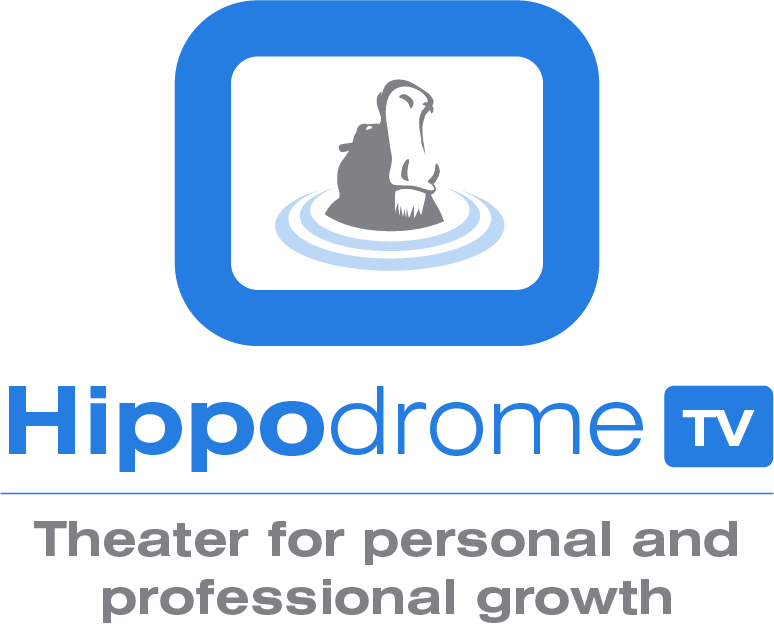iNOT Robot

Issac Asimov, in his sci-fi classic I, Robot said; “You just can’t differentiate between a robot and the very best of humans.” Well, Issac, I dug the book, and on this part I will disagree. Are we ready to give up being human beings already?
Richard Branson once said “We are human beings, not human doings.” And yet, there’s a trend right now to automate pieces and parts of one of the most compelling and personal approaches to improving a human’s performance and condition: coaching. It may be well intentioned based on recent surveys; it certainly is getting a lot of attention and money thrown at it. ( PwC’s 2020 HR Technology survey uncovered intentions by executives to increase spending in this area by 74%!)
I haven’t seen one coaching automation yet that truly develops talent. To begin, it’s all performance-related coaching and it’s at best positional, meaning that there are at least two agendas at work here; the leader’s (and let’s not forget the organization’s!), and their subordinate’s. The biggest thing I see wrong is its attempt to attach technology and process to people instead of the other way around. This is a losing effort. Yes, automation has its value – it’s sexy to eliminate the mundane tasks and the accompanying errors that come with human intervention and repetition. And then there’s that human. Yes, they are a collection of systems, learned processes and technical knowledge…and so much more. They are complex, emotional, intuitive, reflective, wise, uncertain, chaotic, unpredictable and necessary, still! (Think about any assessment you’ve taken, all of the aspects measured of just you! And then it takes a human facilitator to help you understand the results.)
These coaching robotics range from glamorous coaching organizational tools that keep coaches connected to all of their clients’ progress, to those that claim they can convert conversational IQ into data that can direct their charges to be better at something. Changing their behavior, not for the benefit of their client, but for the benefit of their organization. That’s not transformational, that’s business as usual. Tech and process, tech and process, tech and process.
The individual contributor is not the only one who benefits from coaching. Let’s talk leaders here! While the frontline leader’s job is to develop talent that can create business, products, innovation, relationships, and more, the leader’s leader’s job is to develop new leaders! Currently we are bereft of real leaders out there. Organizations lament the lack of talented leaders available to them. They recycle the same people over and over, trading them back and forth like overprinted baseball cards of marginal second basemen. Yeah, but he was a Yankee once!
Where has the coaching mantra “focus on the person not the thing” gone??!! I’m not saying these technologies and processes aren’t useful. Just know they are selling them as a replacement for good, solid, honest human contact coaching and coaching skills development. Most of the benefits I’ve read are based on “Let’s face it, your managers really don’t have time to coach,” “This will help fill the void of all their other administrative and revenue responsibilities,” and many more misguided reasons. Holy sh–! This is crazy talk. Only about two in ten managers intuitively know how to coach. So instead of shifting the mindset and acceptance of needing to do things a better way, of encouraging and enabling the coaching perspective among leaders, let’s just crowbar yet another automation into the process so everyone can fit more into their calendar and achieve more revenue! Zzzzzzz. That’s not special.
If you aren’t getting the coaching you need from your emerging leaders and their leaders then you are:
- Elevating the wrong people
- Not promoting real coaching skills acquisition
- Don’t understand what real coaching is…
And these are just a few of the reasons why we STILL are not fully embracing acquiring this skill. Here are others to think about…
- It’s not just the horizontal learning (competencies) required to become a great leader and coach, the vertical learning (worldview) must be recognized and nurtured.
- It’s not only about performance coaching; coaching for development is also critical for long-term success, evolution to next level adulthood, and ultimately becoming a next level leader.
- And what about those who choose to remain individual contributors – is it too much for them to be fulfilled with their role in an organization? In society? The best leaders provide this space to experience life and work just that way.
The world is getting faster, more complex, more chaotic. It’s going to require nimble, creative, compassionate, wise leadership at all levels. Robots are a fact of our current civilization. They are there as machines to make things easier, faster, more efficient. Humanity requires much more than that.
Assimov states; “It is the obvious which is so difficult to see most of the time. People say ‘It’s as plain as the nose on your face.’ But how much of the nose on your face can you see, unless someone holds a mirror up to you?”
The “someone” holding the mirror? That’s not a robot…
“I challenge your salespeople to become sales professionals. I guide your managers to become leaders.” It’s Q’4! What’s in store for you and your team in 2023? Consider the wild idea of investing in you and them! Why wait any longer?!? Here’s a link to start creating that discussion right now!
Be big. Be cool. Be hippo.
Ready to get started?









